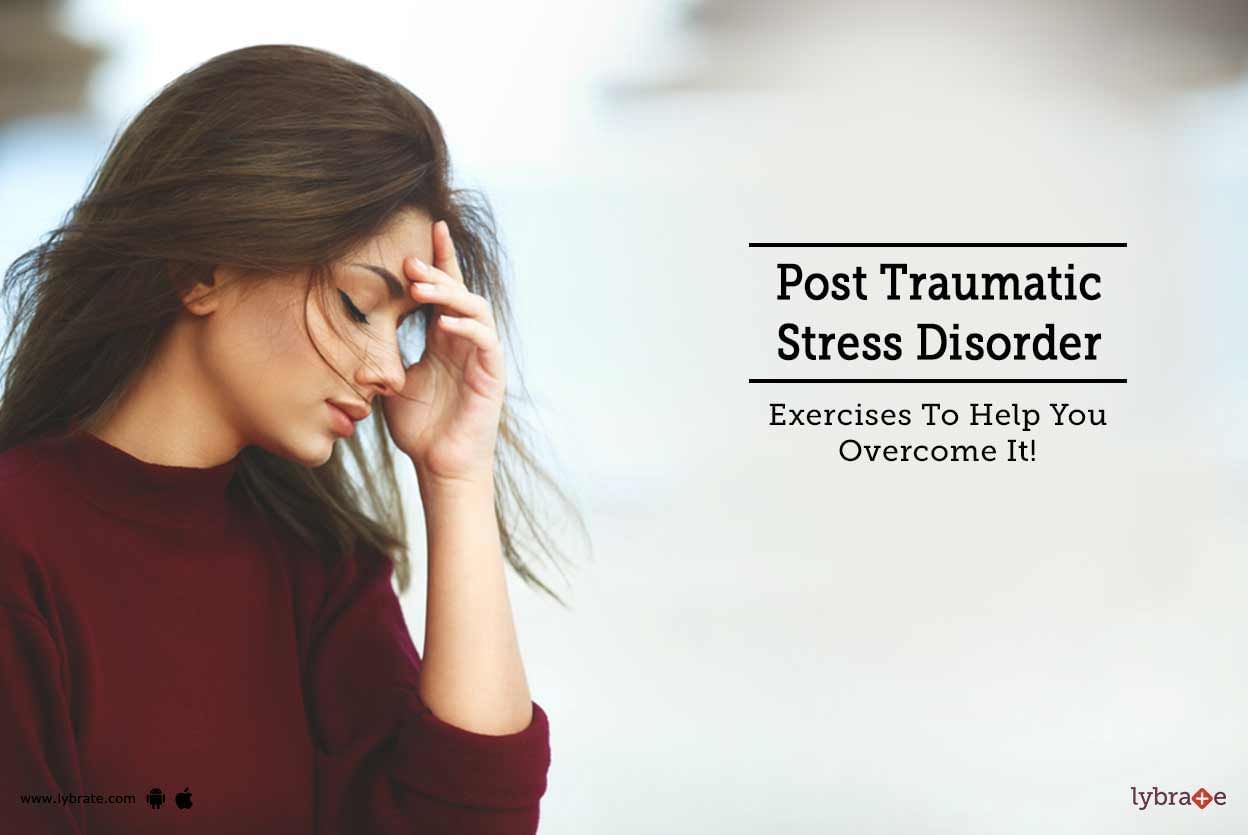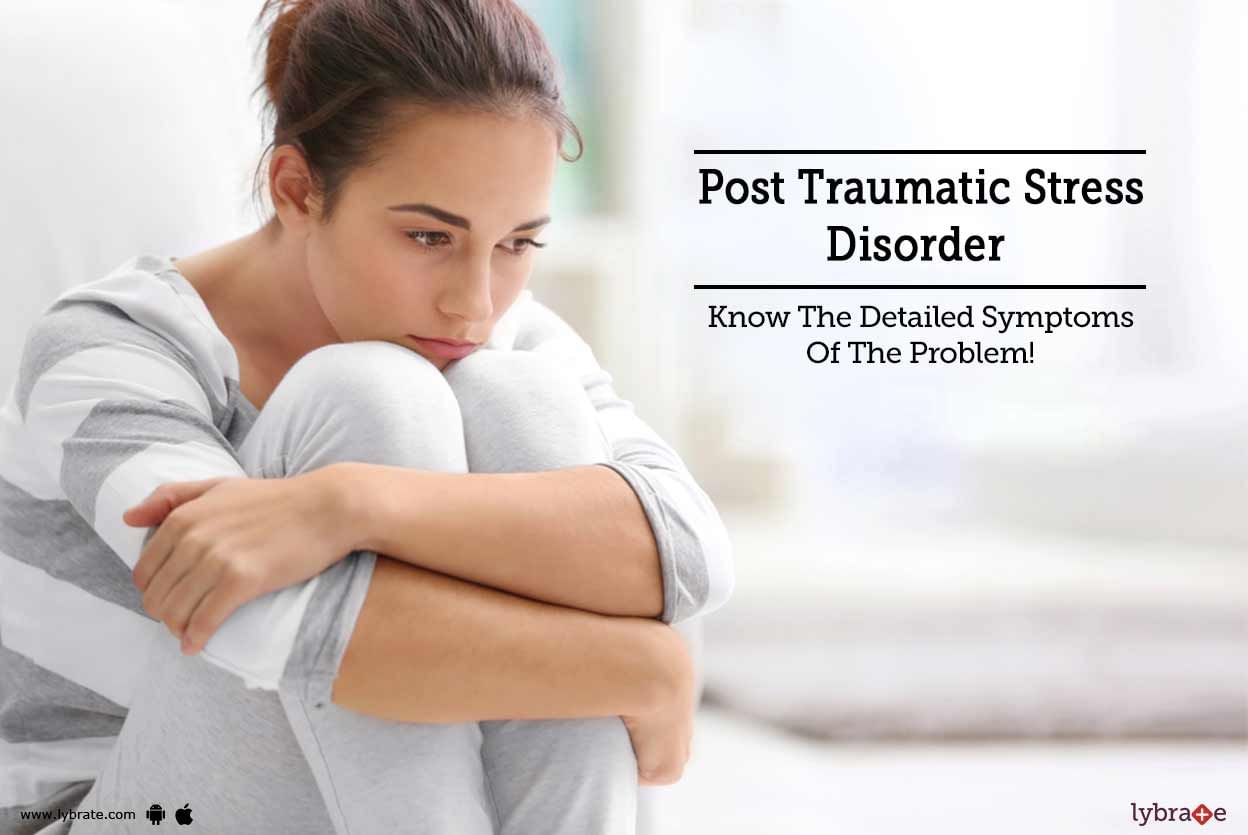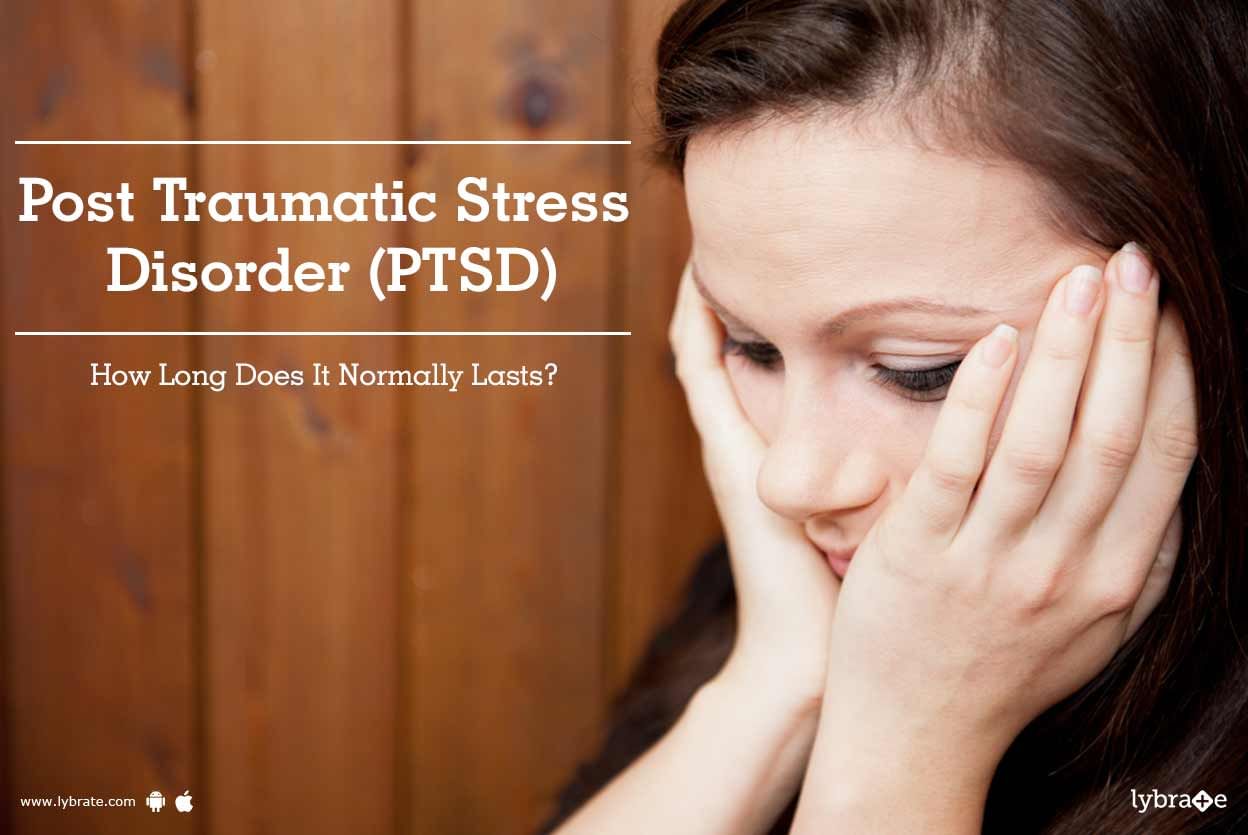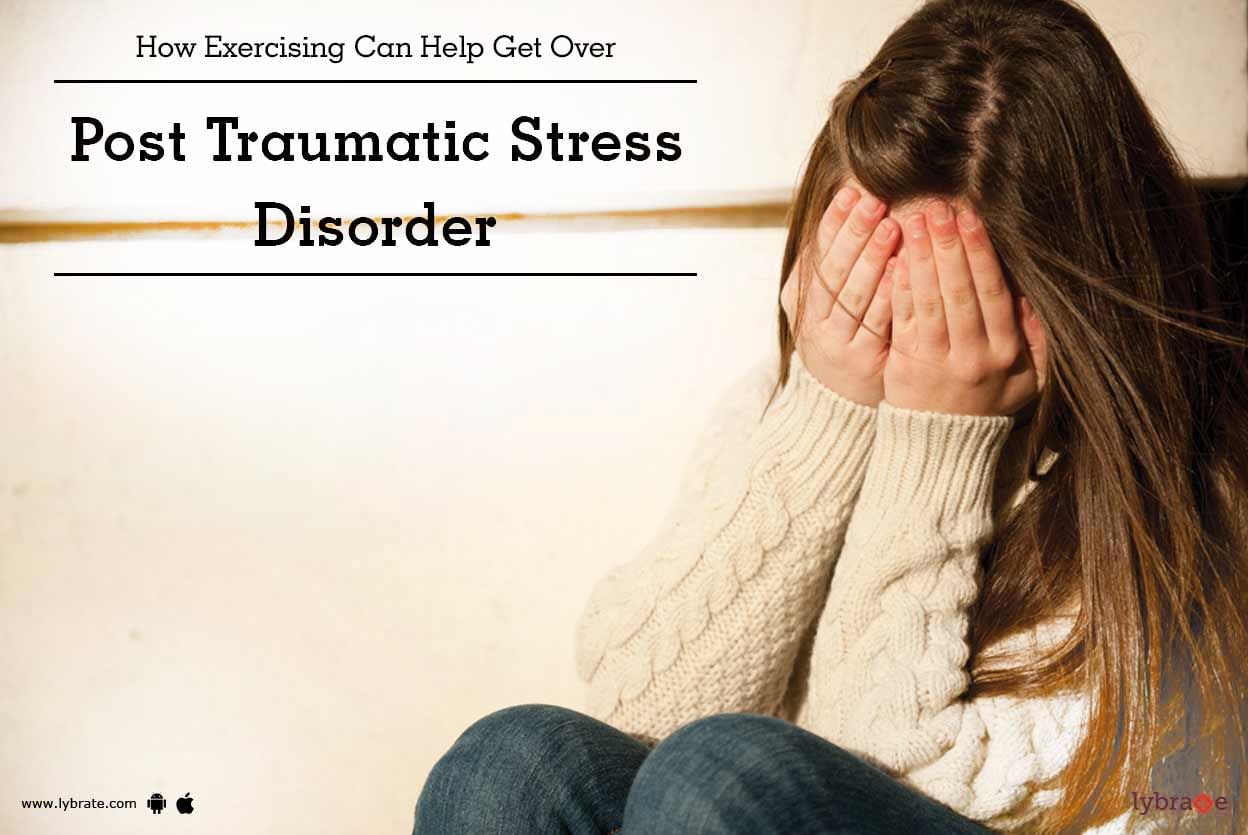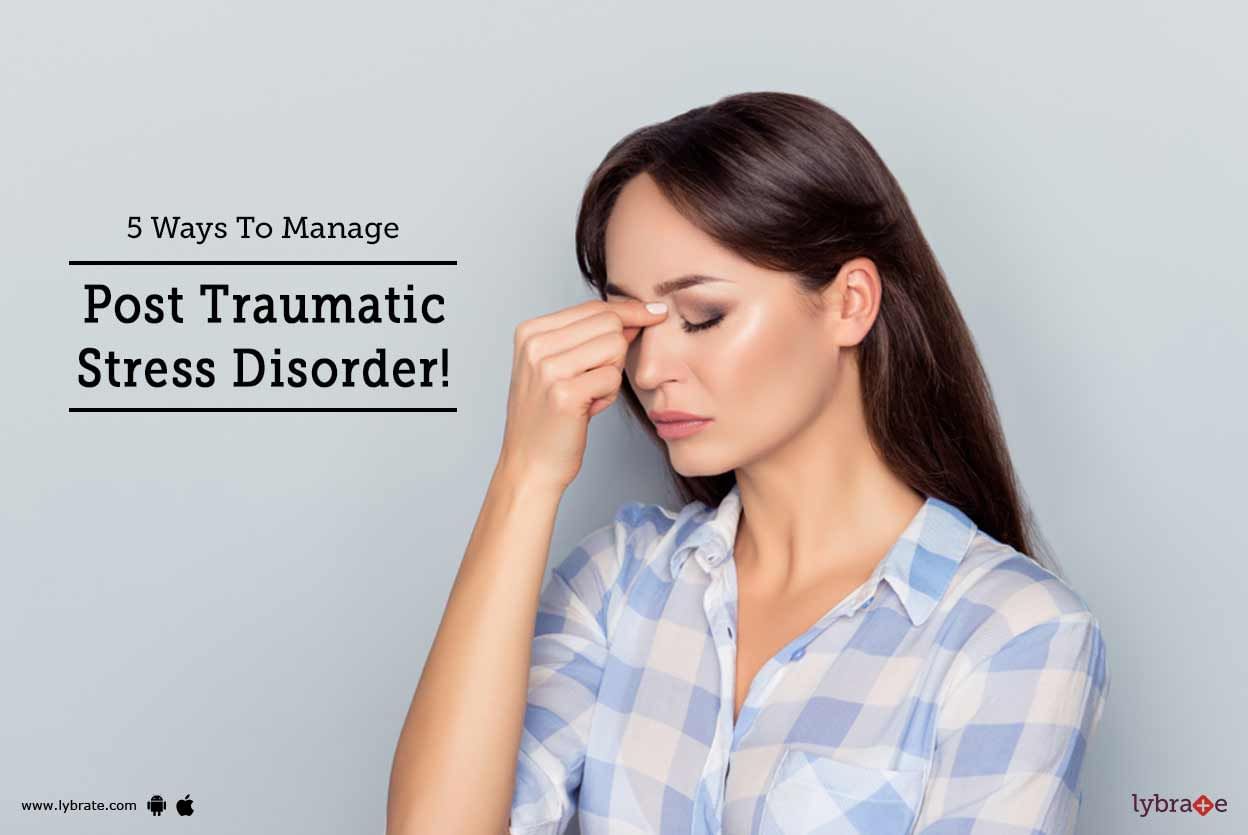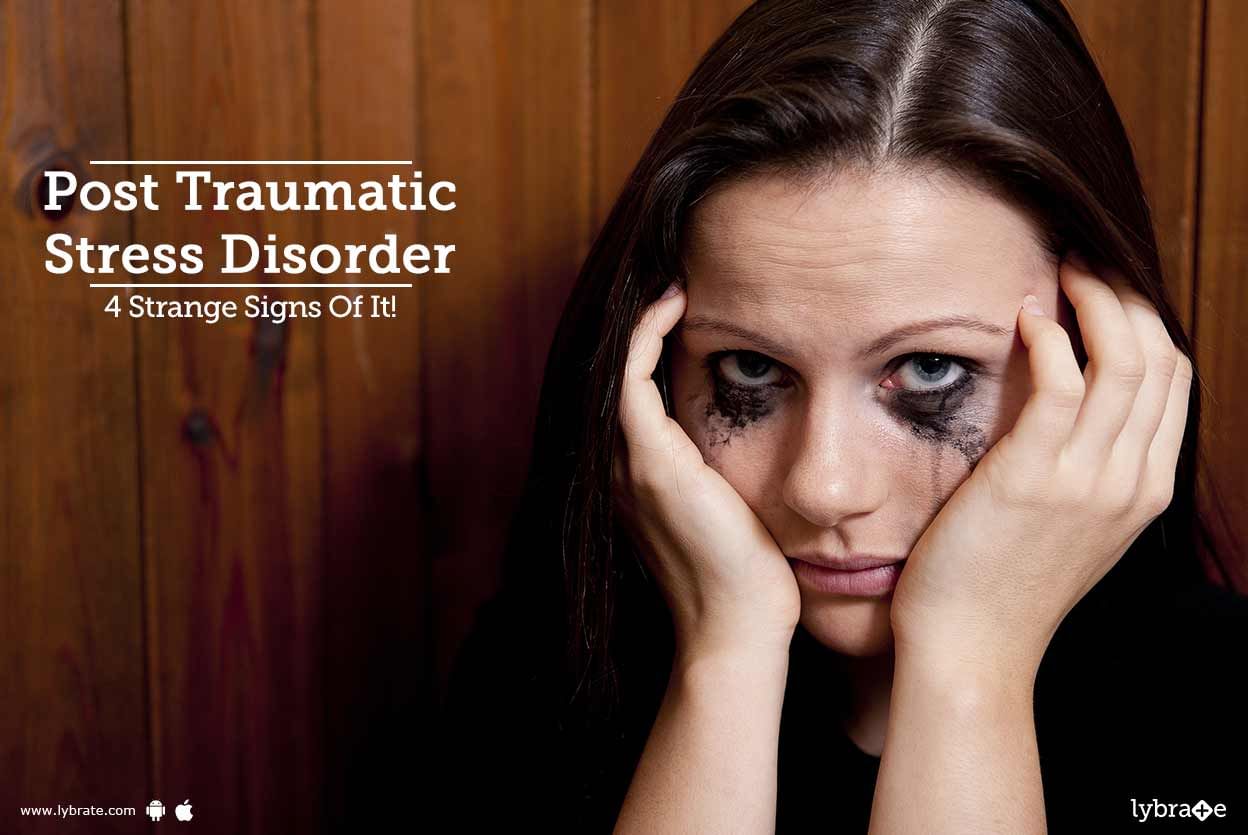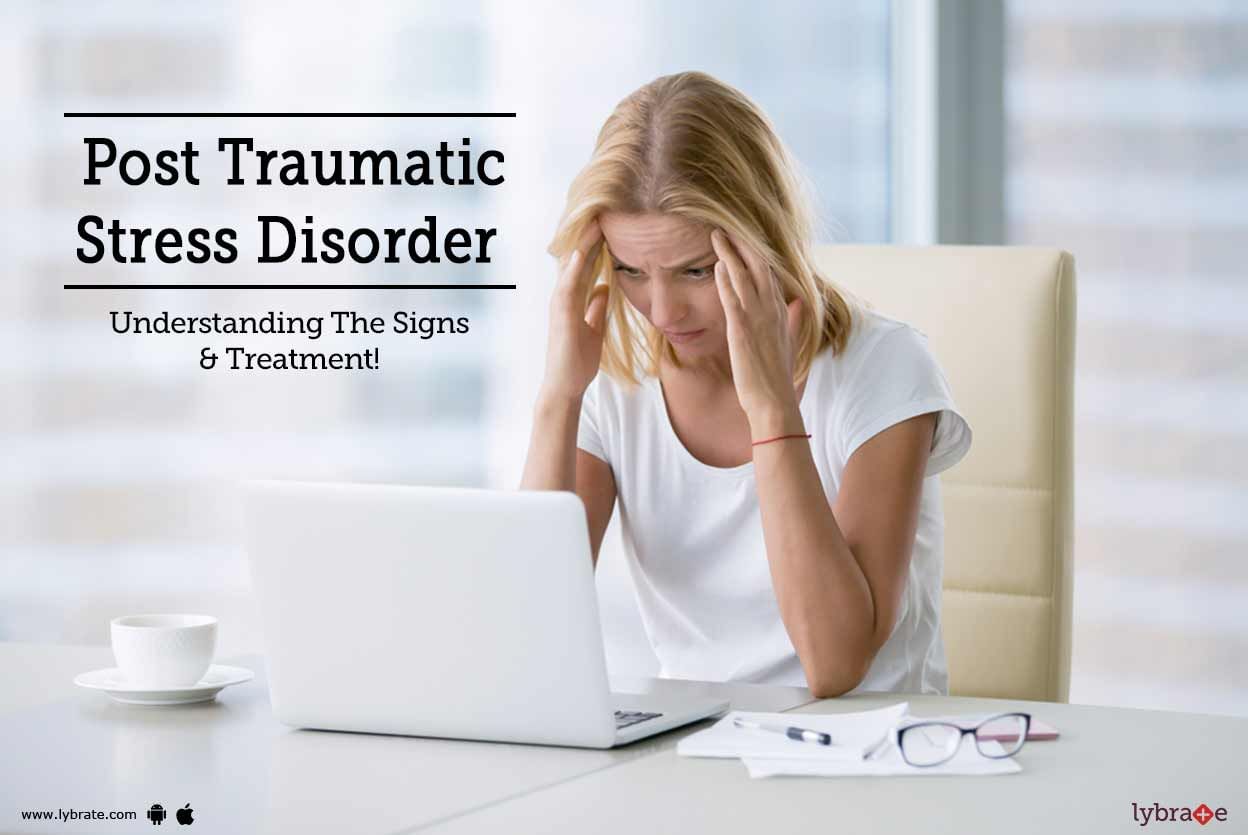Get the App
For Doctors
Login/Sign-up
About
Health Feed
Find Doctors
Health Packages
AllQ&AsTipsQuizzes
Post Traumatic Stress Disorder Tips
Last Updated: 7 years ago• Featured Tip
Share
Bookmark
Report
Post-traumatic stress disorder or PTSD is regarded as an extremely distressing condition arising after experiencing a traumatic event. It affects about 3 percent of the population around the globe and the symptoms affecting the individuals are more or less similar.
Many people affected by this psychological disorder are also vulnerable to developing various mental illnesses such as drug and alcohol abuse, phobias, and sleep and eating disorders. Since the patients often have a tendency ...more
Many people affected by this psychological disorder are also vulnerable to developing various mental illnesses such as drug and alcohol abuse, phobias, and sleep and eating disorders. Since the patients often have a tendency ...more
Last Updated: 7 years ago• Featured Tip
Share
Bookmark
Report
Being a victim or witnessing a horrific accident or personal assault can leave you shocked and scarred. Sometimes, these conditions last for months and years with memories of the traumatic incident triggering intense emotional and physical responses. This is known as post traumatic stress disorder or PTSD. It is a fairly common anxiety syndrome and can be treated in a number of ways including drugs, exercise and psychotherapy. However, this treatment aims only to control the disorder and there i...more
Last Updated: 7 years ago• Featured Tip
Share
Bookmark
Report
Post-traumatic stress disorder is a serious mental health condition that can affect every aspect of a person s life. With proper management, therapy and support, this disorder can be successfully treated.
PTSD Causes
Researchers usually believe that post-traumatic stress disorder is not caused by any one single factor. Rather, a variety of predispositions and risk factors, work together that leads to the development of PTSD following a traumatic event. The most commonly cited caus...more
PTSD Causes
Researchers usually believe that post-traumatic stress disorder is not caused by any one single factor. Rather, a variety of predispositions and risk factors, work together that leads to the development of PTSD following a traumatic event. The most commonly cited caus...more
Last Updated: 7 years ago• Featured Tip
Share
Bookmark
Report
This post-traumatic stress disorder is a mental health condition, which gets triggered by a terrifying event. It can happen either through experiencing it or by witnessing it. The symptoms include flashbacks of the events, nightmares leading to severe anxiety and thoughts related to the events, which you are unable to control. Going through traumatic events is quite normal and each and every individual goes through phases, where they encounter events filled with trauma and those who have long-la...more
Last Updated: 7 years ago• Featured Tip
Share
Bookmark
Report
A particularly stressful situation or event that has created terror or been overly dramatic or dangerous can lead to stress and anxiety long after the individual has physically come out of the situation. This kind of a traumatic condition is usually what characterises Post Traumatic Stress Disorder (PSTD).
In simple words, PTSD is a neurological disorder which affects individuals after experiencing severe traumatic situations.
Symptoms of PSTD:
1. Mood symptoms: mood s...more
In simple words, PTSD is a neurological disorder which affects individuals after experiencing severe traumatic situations.
Symptoms of PSTD:
1. Mood symptoms: mood s...more
Last Updated: 7 years ago• Featured Tip
Share
Bookmark
Report
Being a victim or witnessing a horrific accident or personal assault can leave you shocked and scarred. Sometimes, these conditions last for months and years with memories of the traumatic incident triggering intense emotional and physical responses. This is known as post traumatic stress disorder or PTSD. It is a fairly common anxiety syndrome and can be treated in a number of ways including drugs, exercise and psychotherapy. However, this treatment aims only to control the disorder and there i...more
Last Updated: 7 years ago• Featured Tip
Share
Bookmark
Report
PTSD is a neurological disorder which affects individuals after experiencing severe traumatic situations. The individuals find it difficult to cope with such situations and often have flashbacks of those moments of trauma. Stress, as a result of the trauma wrecks the normal nervous functioning of the individuals. Ptsd can have the following symptoms:
Re-experiencing -
- Flashbacks of the traumatic event
- Nightmares, which are repetitive and severely distressing
more
Re-experiencing -
- Flashbacks of the traumatic event
- Nightmares, which are repetitive and severely distressing
Last Updated: 7 years ago• Featured Tip
Share
Bookmark
Report
A particularly stressful situation or event that has created terror or been overly dramatic or dangerous can lead to stress and anxiety long after the individual has physically come out of the situation. This kind of a traumatic condition is usually what characterises Post Traumatic Stress Disorder (PSTD).
In simple words, PTSD is a neurological disorder which affects individuals after experiencing severe traumatic situations.
Symptoms of PSTD:
1. Mood symptoms: mood s...more
In simple words, PTSD is a neurological disorder which affects individuals after experiencing severe traumatic situations.
Symptoms of PSTD:
1. Mood symptoms: mood s...more
Last Updated: 7 years ago• Featured Tip
Share
Bookmark
Report
Post-traumatic stress disorder (PTSD) is an abnormal condition of the mind that develops when a person is exposed to certain traumatic events in life such as accidents, sexual assault or warfare.
The major symptoms of PTSD are:
Reliving the traumatic experience over and over again; this leads to severe and long-term mental distress.
Recurring dreams about the events.
Provocation of traumatic thoughts by the slightest event that causes distress to the individual.
Avo...more
The major symptoms of PTSD are:
Reliving the traumatic experience over and over again; this leads to severe and long-term mental distress.
Recurring dreams about the events.
Provocation of traumatic thoughts by the slightest event that causes distress to the individual.
Avo...more
Last Updated: 8 years ago• Featured Tip
Share
Bookmark
Report
A particularly stressful situation or event that has created terror or been overly dramatic or dangerous can lead to stress and anxiety long after the individual has physically come out of the situation. This kind of a traumatic condition is usually what characterises Post Traumatic Stress Disorder (PSTD).
In simple words, PTSD is a neurological disorder which affects individuals after experiencing severe traumatic situations.
Symptoms of PSTD:
1. Mood symptoms: mood s...more
In simple words, PTSD is a neurological disorder which affects individuals after experiencing severe traumatic situations.
Symptoms of PSTD:
1. Mood symptoms: mood s...more
Book appointment with top doctors for Post Traumatic Stress Disorder treatment
View fees, clinic timings and reviews
Ask a free question
Get FREE multiple opinions from Doctors
posted anonymously




